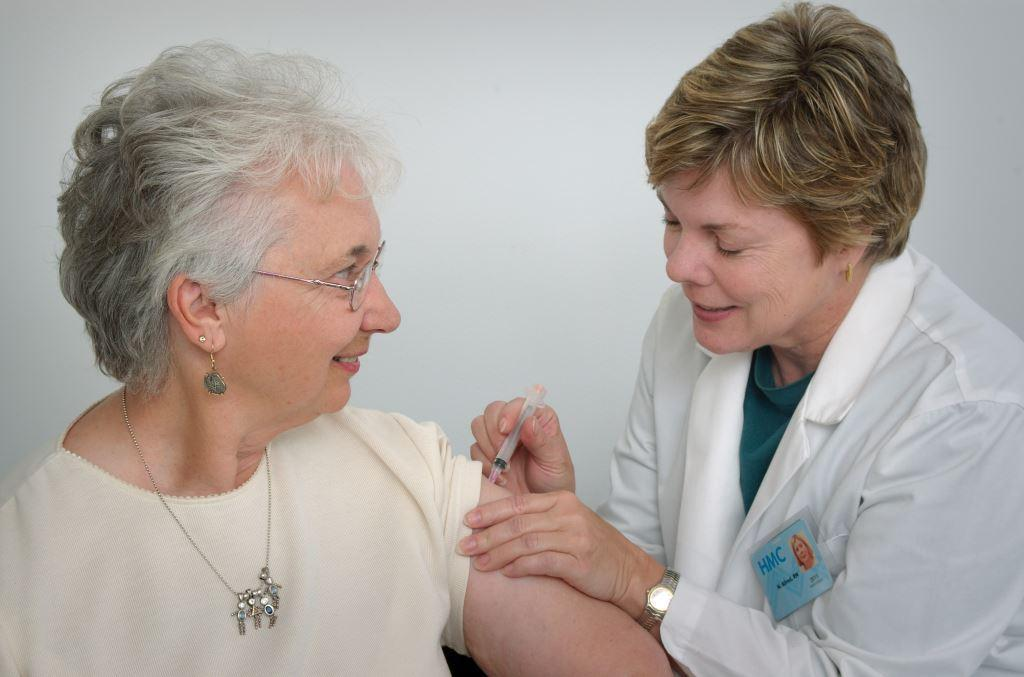
High-dose (HD) and adjuvanted influenza vaccines offered the best protection for people aged 65 years and older against symptoms and hospitalization during the 2022-23 flu season, concludes a real-world study published this week in Clinical Infectious Diseases.
High-dose flu vaccines contain four times the standard dose (SD), while adjuvanted vaccines contain an extra immune-boosting ingredient. In 2022, the US Centers for Disease Control and Prevention's Advisory Committee on Immunization Practices recommended high-dose, adjuvanted, or recombinant (cell-based) vaccines over SD vaccines for older adults, who are at elevated risk for severe disease and flu-related hospitalization and death.
Kaiser Permanente Southern California researchers retrospectively assessed the comparative vaccine effectiveness (cVE) of HD, adjuvanted, and SD cell-based flu vaccines versus SD egg-based vaccines.
Participants were 495,119 adults with a median age of 73 years who received a flu vaccine dose from August through December 2022 and were followed up to May 2023. Of all participants, 54.9% were women and 46.3% were White.
"Overall, influenza vaccine effectiveness (VE) has remained low (<50% between 2014 and 2022), particularly in seasons of mismatch between the vaccine and circulating strains," the study authors wrote. "To improve vaccine platforms and production, high-dose (HD), adjuvanted, recombinant, and standard-dose (SD) cell-based vaccines became available in addition to egg-based SD vaccines."
Adjuvanted vaccines most effective
In total, 74.8% of participants received high-dose flu vaccines, and the remainder received SD egg-based (13.9%), SD cell-based (6.5%), or adjuvanted (4.7%) vaccines.















